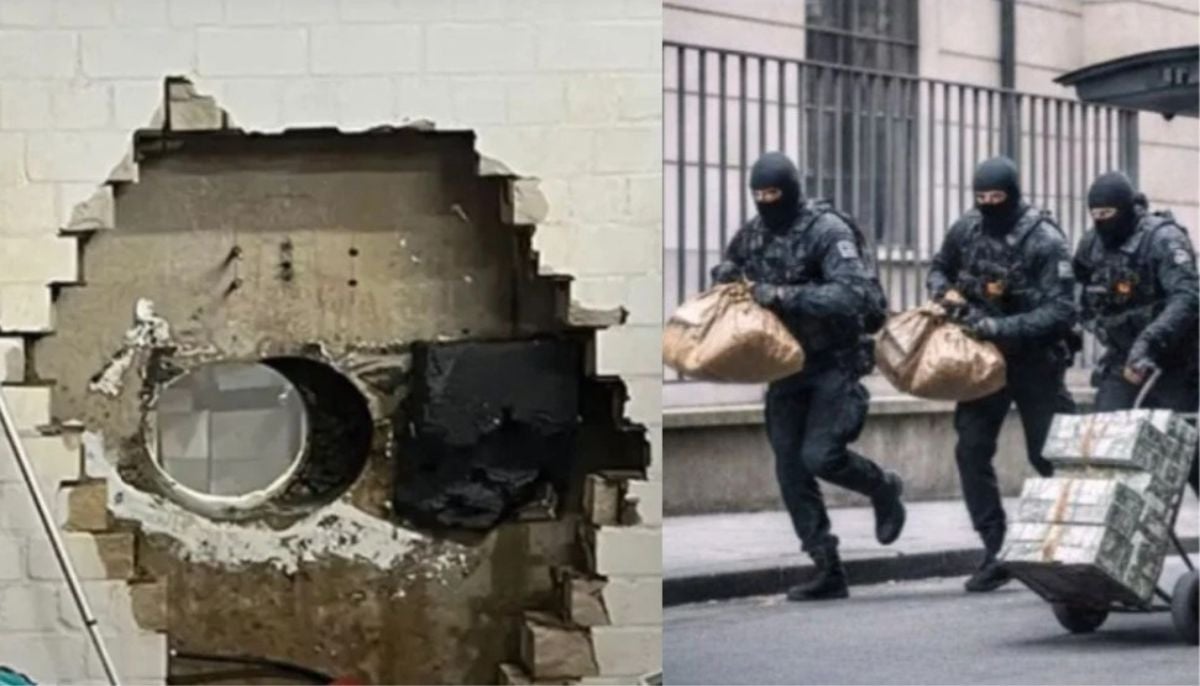Indonesia arrests three after Jakarta attack
Nevertheless, it was the first time the radical group has targeted the country with the world's largest Muslim population, and the brazenness of the attack suggested a new brand of militancy in a country more used to low-level strikes on police.
JAKARTA: Indonesian police arrested three suspected militants in a pre-dawn raid and hunted down others across the country on Friday, a day after an attack by Daesh suicide bombers and gunmen in the heart of the Southeast Asian nation's capital.
Seven people were killed in Thursday's late-morning siege near a busy shopping district in multiple blasts and a gunfight, and five of the dead were the attackers.
Nevertheless, it was the first time the radical group has targeted the country with the world's largest Muslim population, and the brazenness of the attack suggested a new brand of militancy in a country more used to low-level strikes on police.
Police chiefs across the country were put on high alert, some embassies in Jakarta were closed for the day and security was stepped up on the resort island of Bali, a draw for tourists from Australia and other Asian countries.
Chief security minister Luhut Pandjaitan confirmed media reports that three people suspected of plotting an attack were arrested at a house in the city of Depok, just south of Jakarta.
However, Metro TV quoted Depok's police chief as saying that the men - which it described as a bomb-maker, a firearms expert and a preacher - were not linked to the Jakarta attack.
Raids were also underway across other parts of the populous island of Java and on other islands to round up suspected militants.
"Now we are sweeping in and outside Java, because we have captured several members of their group, and have identified them," National Police spokesman Anton Charliyan said.
Returning to the area outside Jakarta's oldest department store, Sarinah, where Thursday's attack unfolded, the city's police chief said the rise of Daesh was a cause for serious concern.
"We need to strengthen our response and preventive measures, including legislation to prevent them ... and we hope our counterparts in other countries can work together because it is not home-grown terrorism, it is part of the ISIS network," Tito Karnavian said, using another acronym for the Syria-based group.
Pandjaitan, the security minister, said his office was working with parliament to make changes to legislation that would allow preemptive arrests.
-
Poll reveals majority of Americans' views on Bad Bunny
-
Man convicted after DNA links him to 20-year-old rape case
-
California cop accused of using bogus 911 calls to reach ex-partner
-
'Elderly' nanny arrested by ICE outside employer's home, freed after judge's order
-
key details from Germany's multimillion-euro heist revealed
-
Search for Savannah Guthrie’s abducted mom enters unthinkable phase
-
Barack Obama addresses UFO mystery: Aliens are ‘real’ but debunks Area 51 conspiracy theories
-
Rosie O’Donnell secretly returned to US to test safety











